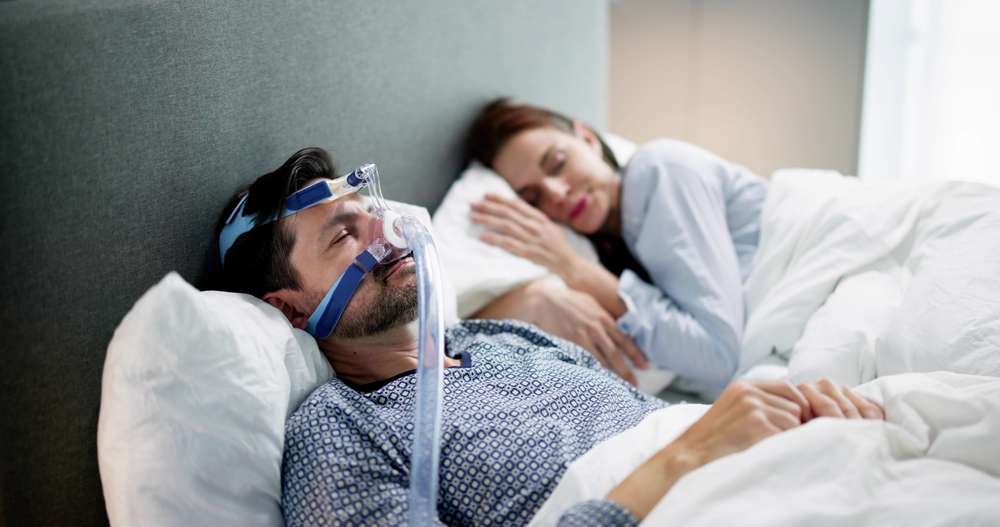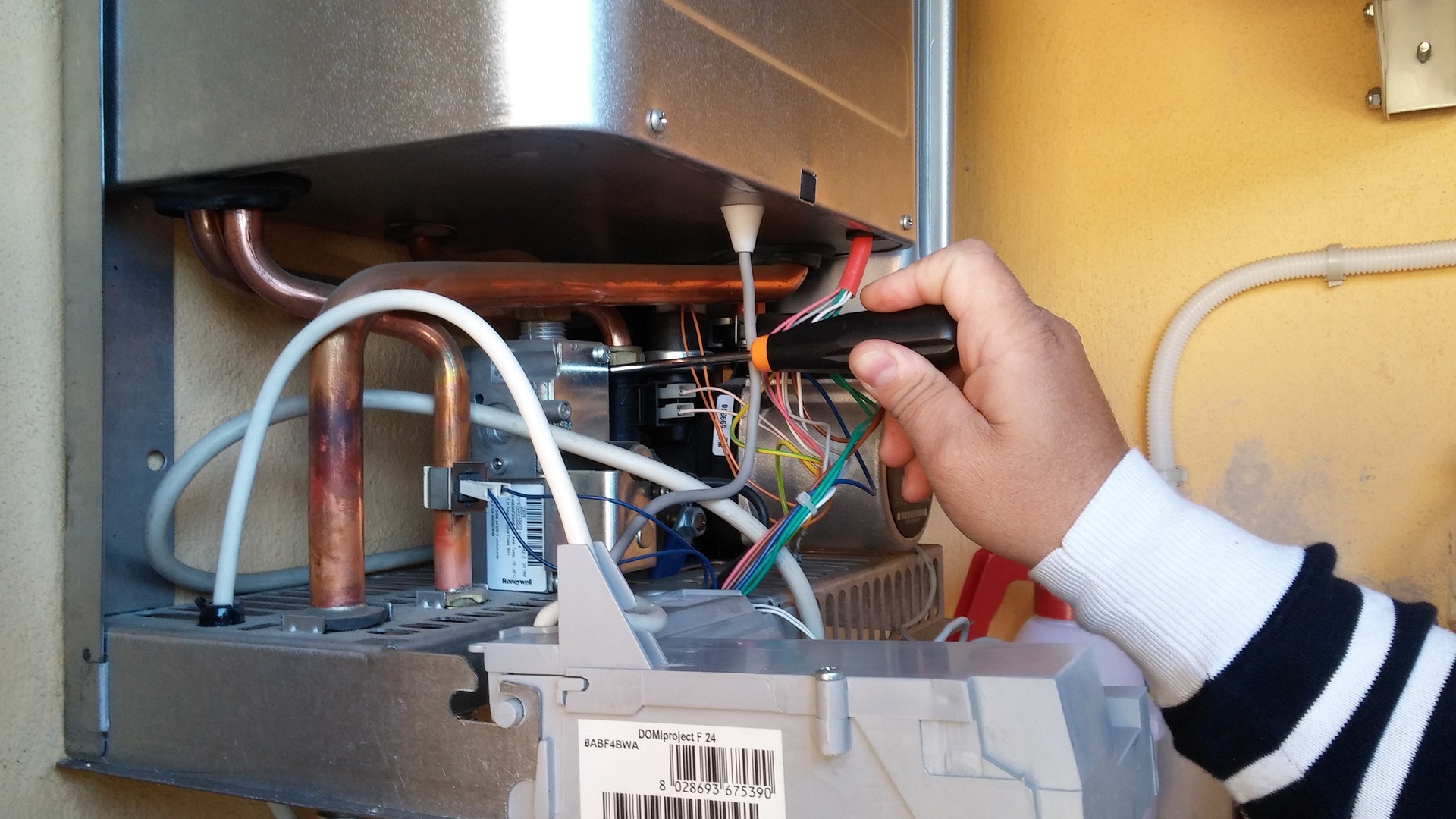CPAP Options: Exploring the Latest Sleep Apnea Devices and Masks
Living with sleep apnea can affect your rest and daily energy. Devices like CPAP machines and other innovative solutions are designed to support better breathing at night, helping reduce interruptions and improve sleep quality. Explore options that may fit your needs.

What Are the Latest Advancements in Sleep Apnea Devices?
The field of sleep apnea treatment has seen significant advancements in recent years. Modern CPAP machines are now more compact, quieter, and user-friendly than ever before. Many devices now come equipped with smart features such as built-in humidifiers, automatic pressure adjustment, and even wireless connectivity for data tracking and analysis. Some of the latest innovations include:
-
Auto-adjusting pressure: These devices, known as APAP (Automatic Positive Airway Pressure), can automatically adjust the air pressure throughout the night based on the user’s breathing patterns.
-
Travel-friendly options: Ultra-compact CPAP machines designed specifically for travelers are now available, making it easier for patients to maintain their therapy while away from home.
-
Integrated humidification: Many newer models come with built-in humidifiers to enhance comfort and reduce common side effects like dry mouth and nasal congestion.
-
Smart data tracking: Advanced devices can now track sleep data, including usage hours, mask fit, and therapy efficacy, which can be shared with healthcare providers for better treatment management.
What Sleep Apnea Mask Options Are Available?
Choosing the right mask is crucial for successful CPAP therapy. There are several types of masks available, each designed to cater to different needs and preferences:
-
Nasal masks: These cover the nose from the bridge to the upper lip and are ideal for those who breathe through their nose during sleep.
-
Nasal pillow masks: These are less intrusive, with small cushions that insert directly into the nostrils, making them perfect for those who feel claustrophobic with larger masks.
-
Full-face masks: Covering both the nose and mouth, these are suitable for mouth breathers or those who experience nasal congestion.
-
Hybrid masks: These combine elements of nasal and pillow masks, offering a balance between coverage and minimal contact.
-
Oral masks: Designed to fit inside the mouth, these are less common but can be effective for those who find traditional masks uncomfortable.
The latest mask designs focus on improving comfort, reducing air leaks, and minimizing skin irritation. Many now feature softer materials, adjustable headgear, and innovative cushion designs to accommodate a wider range of facial structures.
How Has Technology Improved Sleep Apnea Devices?
The integration of cutting-edge technology has significantly enhanced the effectiveness and user-friendliness of sleep apnea devices. Some of the most notable technological advancements include:
-
Bluetooth connectivity: Many modern CPAP machines can connect to smartphones via Bluetooth, allowing users to track their sleep data and adjust settings through dedicated apps.
-
AI-powered algorithms: Advanced algorithms can analyze breathing patterns and adjust pressure in real-time, providing more personalized and effective therapy.
-
Noise reduction technology: The latest devices employ sophisticated noise reduction techniques, making them quieter and less disruptive to both the user and their bed partner.
-
Enhanced comfort features: From heated tubing to prevent rainout (condensation in the tubing) to ramp features that gradually increase pressure as you fall asleep, modern devices prioritize user comfort.
-
Remote monitoring capabilities: Some devices now allow healthcare providers to remotely monitor patient progress and adjust settings without requiring in-person visits.
What Are the Cost Considerations for CPAP Options?
When exploring CPAP options, it’s important to consider the associated costs. The price of CPAP devices and accessories can vary widely depending on the features, brand, and whether insurance coverage is available.
| Product Type | Price Range | Key Features |
|---|---|---|
| Basic CPAP Machine | $300 - $800 | Fixed pressure, basic data tracking |
| Auto CPAP (APAP) | $500 - $1,500 | Auto-adjusting pressure, advanced data tracking |
| Travel CPAP | $400 - $1,000 | Compact size, battery options |
| Nasal Mask | $50 - $150 | Various sizes, minimal contact |
| Full Face Mask | $100 - $200 | Covers nose and mouth, suitable for mouth breathers |
| Nasal Pillow Mask | $75 - $175 | Least intrusive, good for side sleepers |
Prices, rates, or cost estimates mentioned in this article are based on the latest available information but may change over time. Independent research is advised before making financial decisions.
It’s worth noting that many insurance plans cover a significant portion of CPAP equipment costs. However, coverage can vary, and some plans may require a deductible or co-payment. Additionally, ongoing expenses such as mask replacements, filters, and cleaning supplies should be factored into the overall cost of therapy.
How to Choose the Right CPAP Option?
Selecting the most suitable CPAP option involves considering several factors:
-
Consult with a sleep specialist: A professional can help determine the most appropriate device and mask based on your specific sleep apnea severity and needs.
-
Consider your sleeping habits: Your preferred sleeping position and whether you breathe through your mouth or nose can influence the best mask choice.
-
Evaluate comfort features: Look for devices with features that address your specific concerns, such as built-in humidifiers for dry climates or quiet operation for light sleepers.
-
Think about lifestyle factors: If you travel frequently, a compact, portable device might be essential.
-
Check compatibility with existing equipment: If you’re upgrading, ensure new components are compatible with your current setup.
-
Read user reviews and try before you buy: Many suppliers offer trial periods or mask fittings to help you find the most comfortable option.
In conclusion, the world of CPAP options has expanded significantly, offering a wide array of devices and masks to suit various needs and preferences. From technologically advanced machines to innovative mask designs, there are more choices than ever to help manage sleep apnea effectively. By considering the latest options, consulting with healthcare providers, and carefully evaluating personal needs, individuals can find the ideal CPAP solution to improve their sleep quality and overall health.
This article is for informational purposes only and should not be considered medical advice. Please consult a qualified healthcare professional for personalized guidance and treatment.




